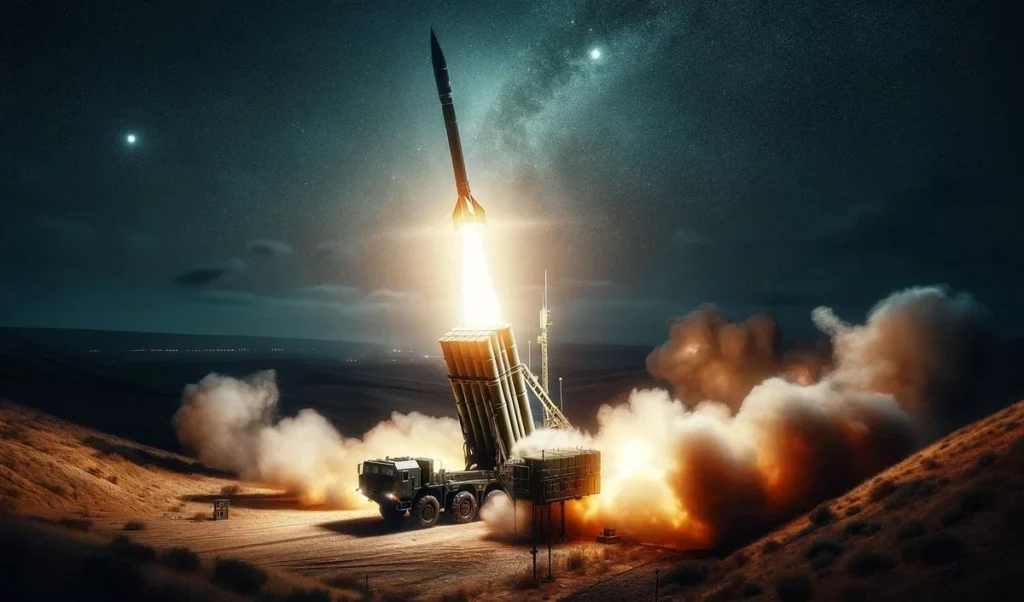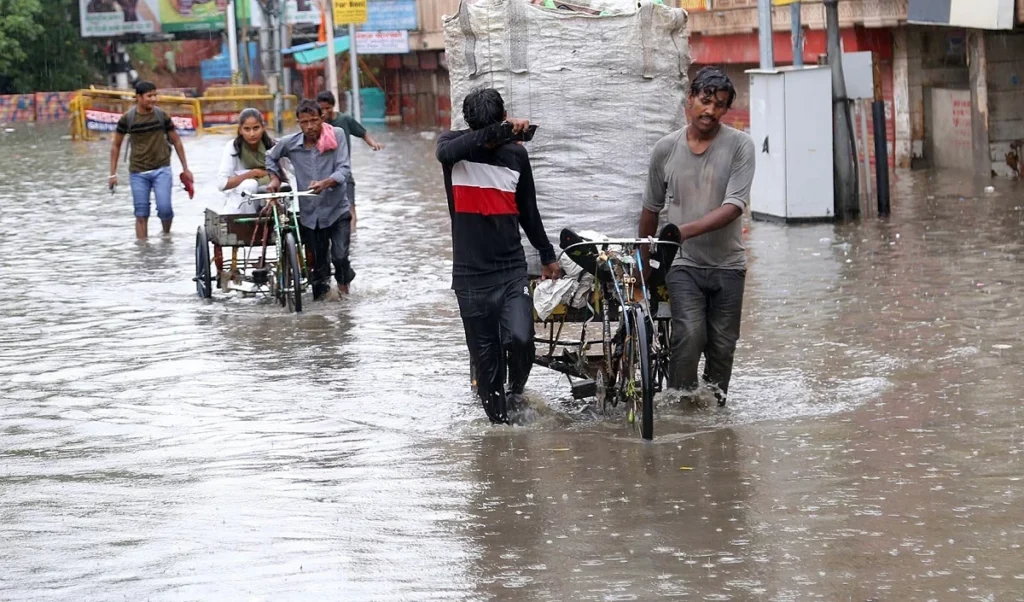Till yesterday, Joe Trudeau was a well wisher of Khalistanis. Till yesterday, Trudeau could not see the atrocities on Hindus living in Canada. Justin Trudeau’s attitude has now started loosening up. His attitude has started changing. Trudeau, who till yesterday used to shed tears for Khalistanis, is speaking against them today. Regarding Khalistanis, Trudeau said something which has given sleepless nights to the Khalistanis living there. Gurwatpant Singh Pannu, a Khalistani supporter of the separatist organization Sikh for Justice, is losing sleep after Trudeau’s statement. Prime Minister Modi’s friend is believed to be behind this change in Trudeau’s stance. Joe Trudeau, who till yesterday was vocal about the interests of Khalistanis living in Canada, is now saying that there are many people supporting Khalistan in Canada. But he does not represent the entire Sikh community. This is the same Canada which continuously deteriorated its relations with India over the murder of Khalistani terrorist Hardeep Singh Nijjar. But what happened to Trudeau suddenly and why has his attitude started softening? The main reason for this is America. However, Canada’s love for Khalistan is very old.
Also read: India Canada Relations Part 1| 100 years history of India Canada relations. Teh Tak
Why do Canadian politicians promote Sikh extremists?
Milewski has answered this question in his book. This is broadly similar to Jaishankar’s reference to vote bank politics in Canada. It is a frequently asked question by Indians that why do Canadian politicians promote Sikh extremists? Milewski responded by writing that the short answer is that it is not easy to see a crowd of 100,000 in Canada on Vaisakhi Day, knowing that if you keep your mouth shut they may vote for you and then instead There is a fear of losing votes due to restrictions on all these. According to the 2021 Canadian Census, Sikhs account for 2.1 per cent of the Canadian population and are the fastest growing religious group in the country. After India, Canada is home to the largest population of Sikhs in the world. Today, Sikh MPs and officials serve at all levels of the Canadian government and their growing population is one of the most important political constituencies in the country. In 2017, 39-year-old Jagmeet Singh became the first Sikh leader of a major Canadian political party when he took charge of the left-leaning New Democratic Party (NDP).
Justin’s father Pierre had refused to hand over the terrorist.
Canada has long been considered a safe haven for Khalistan supporters and extremist voices accused of terrorism in India. Terry Milewski, in his book Blood for Blood: Fifty Years of the World, writes that the soft Canadian response to the Khalistani challenge had been the target of Indian politicians since 1982, when Prime Minister Indira Gandhi complained about it to Prime Minister Pierre Trudeau. Justin Trudeau’s father Pierre Trudeau was the Prime Minister of Canada. He held power as the Prime Minister of Canada from 1968 to 1979 and again from 1980 to 1984. Incidentally, during this period, Indira Gandhi was the Prime Minister of India. During that time, in view of the growing Khalistani movement in India, he had demanded the extradition of Khalistani Talwinder Singh Parmar to India. But Piero Trudeau’s government had rejected it saying that India considers the Queen of Britain as the head of the Commonwealth but is a member. Therefore he will not make any kind of extradition. Therefore the Commonwealth cannot invoke an extradition treaty. Later, on June 23, 1983, Khalistani terrorists living in Canada planted a bomb in an Air India plane and blew it up. In which 329 people died.
Why does Khalistan movement continue in Canada?
It’s important to note here that not all Canadian Sikhs are pro-Khalistan, and Khalistan is not a “hot trending topic” for most expatriate Sikhs. Milewski told DW last year that Canadian leaders don’t want to lose the Sikh vote, but they’re wrong. The Khalistanis, who are a minority community in Canada, found support for Khalistan within the diaspora to be lack of connection with the realities on the ground. They include those who left during the 1980s, when the movement was at its peak and the Indian state came down heavily on Khalistani separatists, during which many extra-judicial arrests and killings took place.



